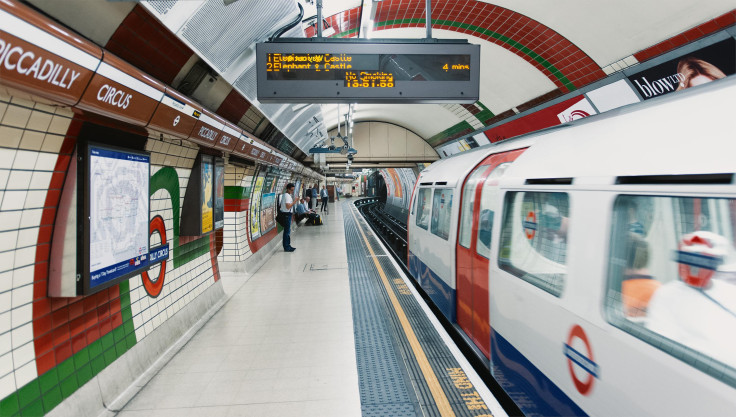Britons Warned: Train Ticket Mistakes Could Now Land You a Criminal Record — What You Need to Know
fare evaders warned

Passengers across Britain could be handed criminal records for travelling with the wrong ticket — even if it was an honest mistake. That's the alarming finding from a new government-commissioned review by the Office of Rail and Road (ORR), which is now calling for an urgent overhaul of how fare enforcement is handled across the country.
The ORR says the current rules are inconsistent, unclear, and, in some cases, unnecessarily punitive. The report reveals that even passengers who appeal a penalty fare and lose could still be criminally prosecuted, with fines climbing as high as £1,000.
Calls for a Fairer and More Consistent System
The ORR found wide disparities in how train operators approach revenue protection. Some passengers face harsh penalties for minor ticketing errors, while others committing deliberate fare evasion receive more lenient treatment.
The key findings include:
- Major inconsistencies in enforcement across the rail network.
- A lack of clear information to help passengers choose the correct ticket.
- A need for better communication around passenger rights and appeal options.
- Inadequate protections for travellers who make genuine mistakes.
You can read the full findings on the Office of Rail and Road website.
The regulator also highlighted that the system disproportionately punishes honest passengers while failing to properly address deliberate fraud.
Fare Evasion Is a Criminal Offence
Fare evasion costs Britain's railways hundreds of millions of pounds each year. But while efforts to prevent it have increased, the ORR says the system for dealing with suspected evasion hasn't evolved accordingly.
Inspectors typically issue a £100 penalty fare plus the cost of a single ticket for those without valid fares. These can be appealed within 21 days. However, in cases where appeals fail, passengers may still be criminally prosecuted — even if their original mistake was unintentional.
The most serious convictions carry fines of up to £1,000.
Chief Magistrate's Ruling Raises Alarm
Much of the concern stems from a February 2025 judgement by Chief Magistrate Paul Goldspring. The ruling, which had not been widely publicised, clarified that train operators could prosecute passengers even after their penalty fare appeals were denied.
According to the Daily Mail, the court case that prompted this ruling involved a government-owned rail firm.
Christian Waters, a 47-year-old from Leeds, was one of the passengers impacted. He appealed a penalty fare from Northern Rail in 2022 but faced prosecution after losing the appeal.
Waters told reporters: 'Why was this ruling not published, given it affects the protection that hundreds of thousands of passengers would assume they had from the regulations?'
Waters later discovered that the train company had violated its own internal rules in his case. Though the prosecution was dropped, he said the outcome felt like he had 'got off on a technicality'.
Parliament's Original Intent Ignored?
The revelation has drawn criticism, particularly in light of what lawmakers originally intended when the penalty fare system was introduced.
Back in 1988, Conservative peer Lord Marshall told Parliament: 'If, however, a passenger on a train is not in possession of a ticket, he is not to be treated as a criminal under this bill. He is simply asked to pay a penalty fare which is a civil penalty and not a criminal one.'
Despite this, the February ruling now enables criminal charges to be filed, undermining what many assumed was a clear legal distinction between civil and criminal matters.
Who Handles the Appeals?
Penalty fare appeals are handled by private companies contracted by train operating firms. One such company, Appeal Services, has come under scrutiny for its role in rejecting passenger appeals while receiving payment from the rail companies themselves — a setup some critics argue creates a conflict of interest.
Transport officials say similar fare evasion concerns exist in cities around the world, from London to Manila. But in the UK, the potential for receiving a criminal record due to a rejected appeal has sparked fresh concern among passengers and consumer rights advocates alike.
As public pressure mounts, it remains to be seen whether the Department for Transport will adopt ORR's recommendations and bring clarity, fairness, and consistency to the fare enforcement system many believe is in urgent need of reform.
© Copyright IBTimes 2025. All rights reserved.





















